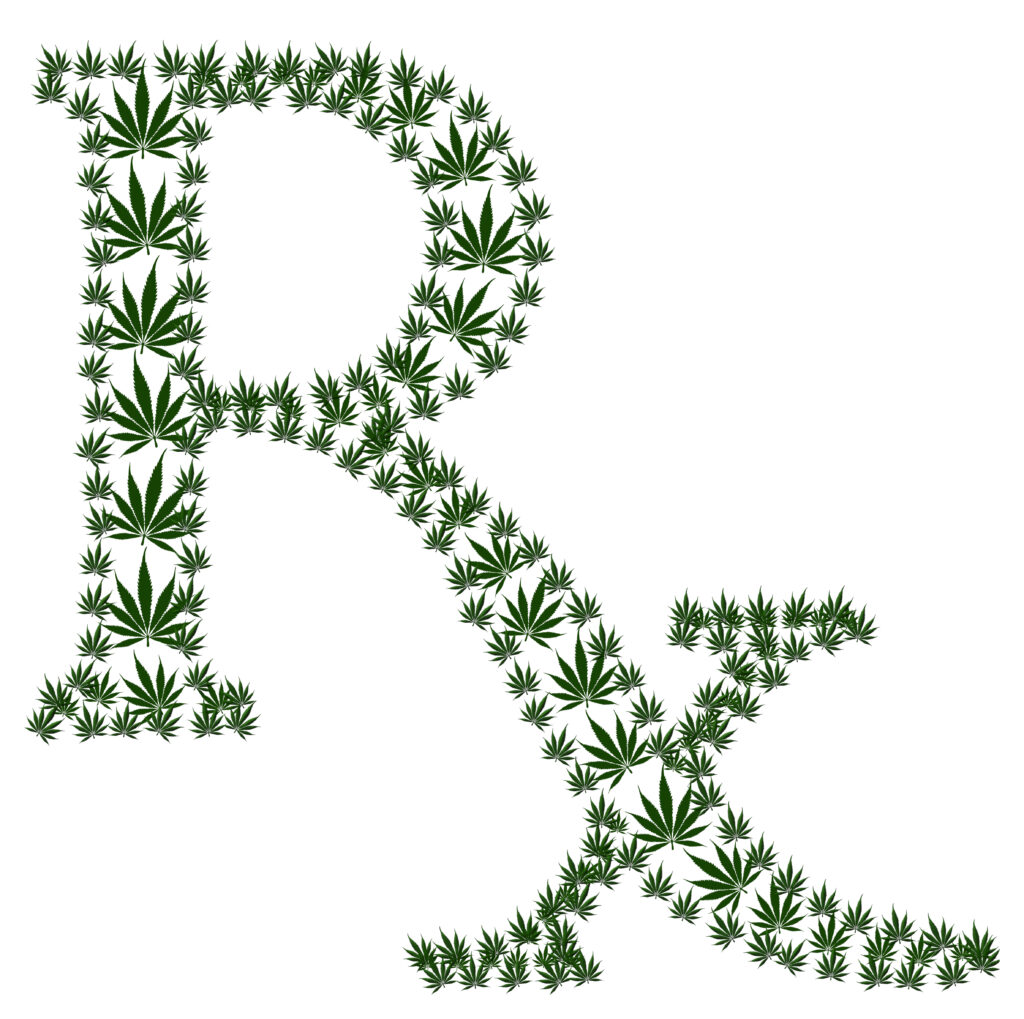Medical Cannabis
Cannabis (marijuana) has been associated with human civilization for millennia for its medicinal properties. It is only recently, after the Canadian legalization of marijuana for medical use in 2001, that a growing number of physicians have been turning to this alternative form of ‘medication’ to treat the following conditions:
- Chronic Pain
- Migraines/Headaches
- Sleep Disorders
- Anxiety
- PTSD
- Depression
- Autism and ADHD
- Palliative Care
- Skin Conditions (Psoriasis, acne, etc.)
- Glaucoma
- Neuropathy
- Fibromyalgia
- Eating Disorders
- Crohn’s Disease and GI Symptoms
- Epilepsy
- Multiple Sclerosis
- Psychosis
- Neurodegenerative Conditions
- Overactive Bladder
- Harm reduction
- Adjunct to chemotherapy
- Diabetes
- Hypertension
The cannabis plant produces multiple active compounds that are therapeutically beneficial, together offering what is known the “Entourage Effect”. THC is the psychoactive compound that is attractive to recreational users and, at controlled doses, is effective for many medical conditions. CBD is another predominant compound that, unlike THC, has little to no psychoactive or “intoxicating” effects and little recreational value, however is often sought after in the medical community to help with symptoms such as pain, anxiety, insomnia, and more.
Medical cannabis can now be accessed from licensed suppliers in a wide variety of formats, including dried flower, vape pens, elixirs, capsules, sprays, topicals, edibles, beverages, dissolvable powders, and more! With the endless choices available now to patients, Medical Cannabis Practitioners can help remove the guesswork and hone in on what products may be ideal for each individual and their ultimate treatment goals. We guide our patients in not only choosing the right products, but in maximizing success with individualized treatment plans and ongoing support.


